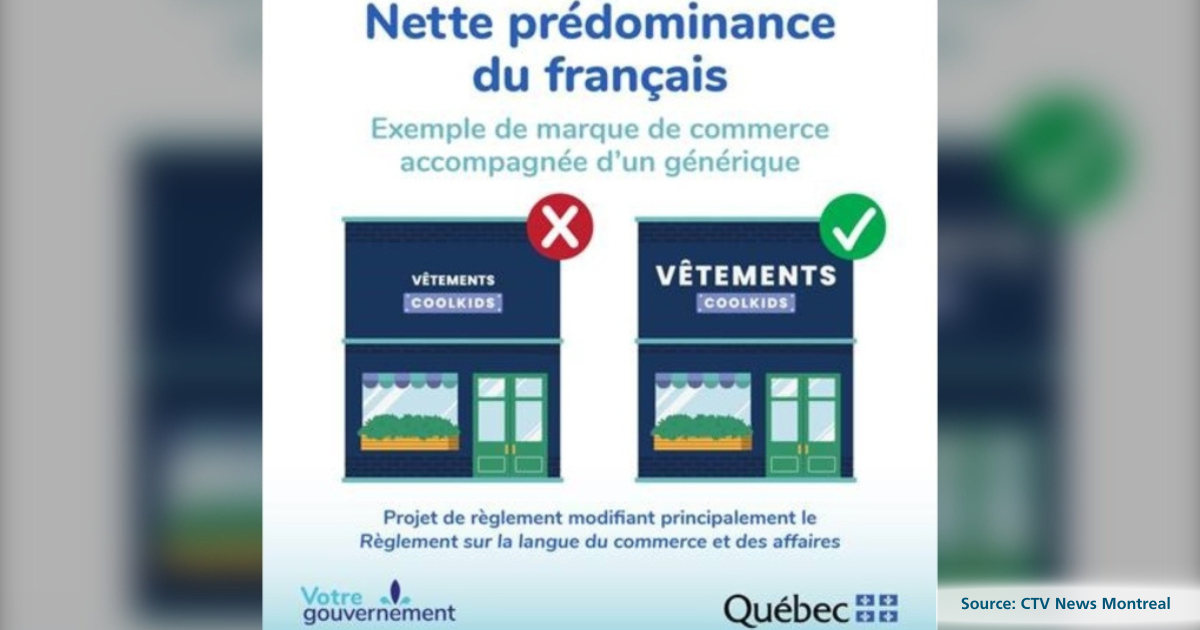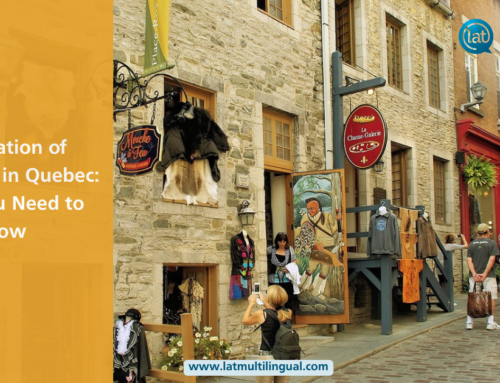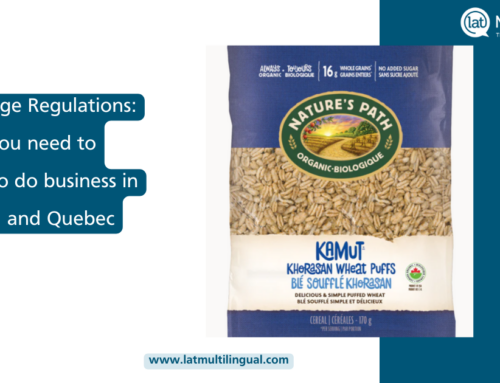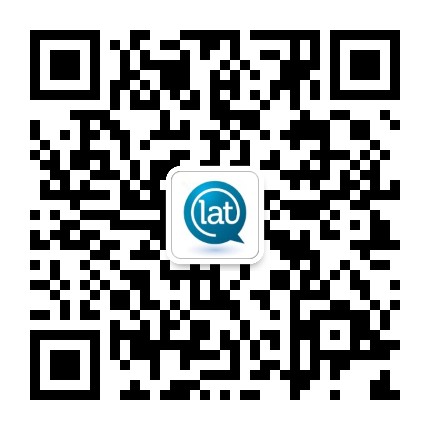If you’re doing business in Québec, you probably are familiar with the Charter of the French Language. But did you know that there are new amendments which might affect your packaging and labels?
In January 2024, the Government of Quebec updated language laws introduced by Bill 96. In a nutshell, the new law aims to clarify when businesses can use non-French trademarks on product packaging, signage, and more.
Below, we’ll cover how this relates to existing language laws, and how your business can adapt. But first, an important note: we’re language professionals, not legal advisors. For a comprehensive guide, review the Quebec Office of French Language and French Charter requirements or reach out to your legal team for guidance.
A recap of French language laws in Quebec
Many businesses selling in Quebec will already know about the Charter of the French Language. Often referred to as Bill 101, it’s a foundational law in place since 1977 that establishes French as the official language of the province.
Bill 96, introduced in 2022, updated the Charter to enforce stricter rules on French compliance. It required all businesses, even those without brick-and-mortar locations in Quebec, to ensure that all employment and marketing communications also had predominant French translations – or they could face a fine of up to $30,000.
But that left unanswered questions about registered trademarks. If a brand name or logo is in another language, do they need a French version? That’s an exception to the rule in most cases, but it gets complicated.
Below, we’ll cover some of the notable updates and what they mean for your business.
Updates to the Charter of the French Language
The new amendments clarify some of the laws surrounding that exception, as well as a few other important clarifications.
Exceptions for registered trademarks
Is your logo or brand name in a language other than French? If you don’t have a French translation on your product packaging, you’ll have to register it as a trademark by June 1, 2025, in order to stay compliant with Bill 96.
Previously, the law also made exceptions for commonly recognized trademarks, even if they weren’t officially registered in Canada. Now, businesses that haven’t registered a trademark with Canada’s Intellectual Property Office will be responsible for translating their slogans and brand names into French.
There are a few important exceptions to this:
- If your logo or trademark is a part of exterior signage, you’ll have to provide a predominant translation somewhere on the building. That means that the French version of your registered trademark has to have a greater visual impact, with equal legibility and permanence. Even at night, with lit signage.
- If your registered trademark is a generic term or product description, you’ll also need to provide a French translation.
The law makes exceptions for businesses whose registration is pending with Canada’s Intellectual Property Office (CIPO). Registering a trademark is a multi-step process that can take a while to get approved, so the new exception also covers trademarks which have been submitted and are pending approval.
Adhesion contracts must have a French version
Bill 96 specified that all businesses signing a contract in Quebec must also sign a French version. The new update clarified this rule as it relates to contracts agreed upon online or over the phone.
When the contract is agreed upon verbally over the phone, the person agreeing to the contract terms must agree to conduct the agreement in a language other than French. Online, terms and conditions must be provided in French.
How your business can adapt
Quebec’s Charter of the French Language means that accurate and culturally sensitive translation is a business necessity.
Whether it’s translating product descriptions, adapting marketing materials, or ensuring legal documents meet the new standards, professional translation services are essential. They ensure not just linguistic accuracy but also cultural appropriateness, a critical factor in Québec’s unique market.
Translation in the context of Quebec’s language laws isn’t just about converting text from one language to another. It’s about understanding and respecting cultural nuances. This is where localization services become invaluable, ensuring that the content resonates with the local audience’s cultural and linguistic expectations.
How LAT Multilingual can help
Translation needs under the new law are extensive. They range from product labelling and packaging – where every word matters – to website content and digital platforms, where bilingualism is now a standard.
LAT Multilingual helps brands like Kmart, Litehouse Foods, Nature’s Path, and many more, stay compliant with translation and localization for labelling and product packaging, as well as sales materials and website content.
Reach out today to learn more about how LAT Multilingual can provide the expertise and resources you need to navigate Quebec’s Charter of the French Language.













